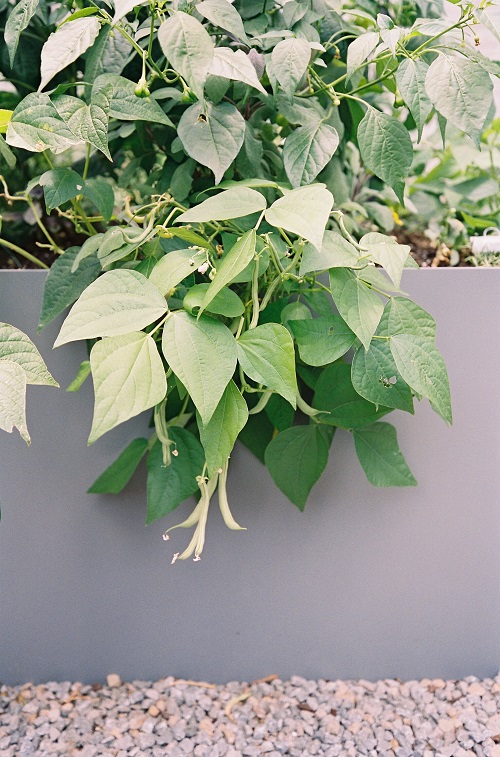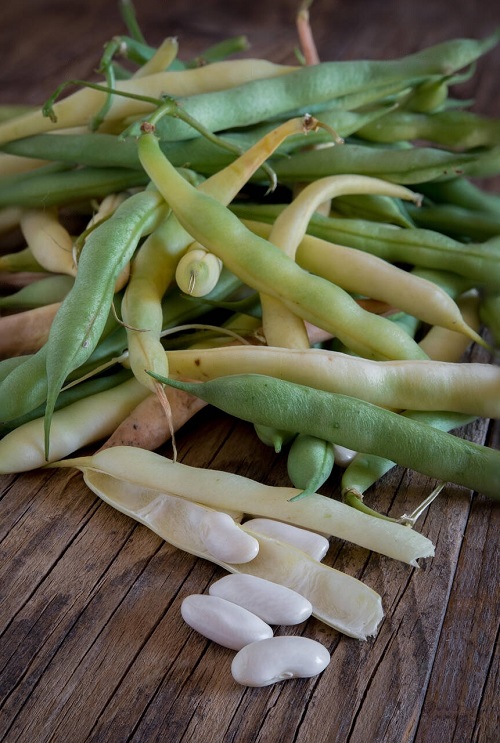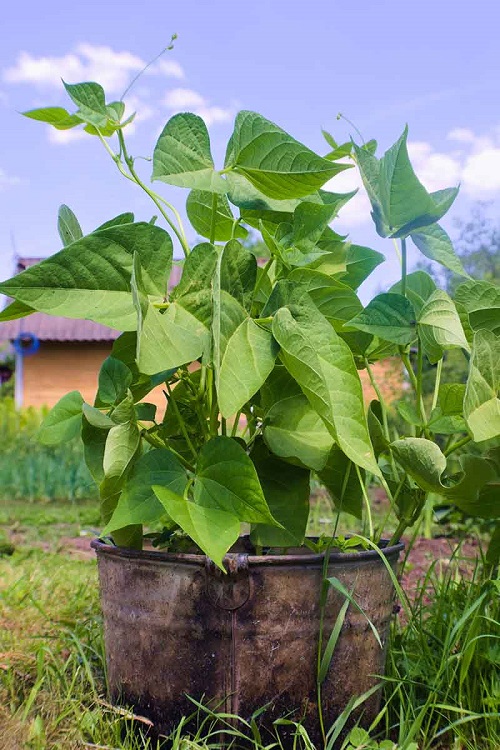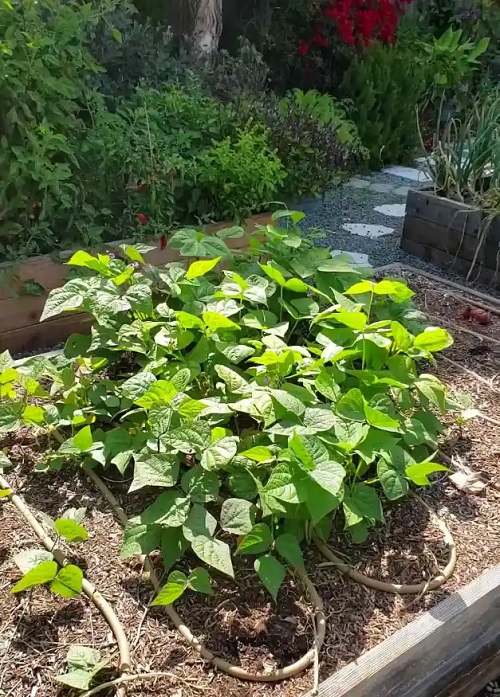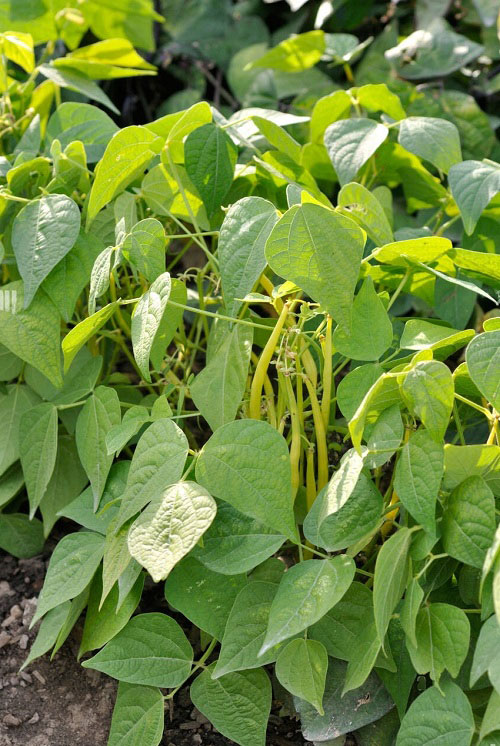Growing Cannellini Beans is easy! These delicious beans are a staple in Italian cuisine and are a fun and easy crop to grow.
Growing Cannellini Beans is a fun and rewarding hobby that anyone can enjoy. With a bit of sunshine, water, and love, you’ll be on your way to a bountiful bean harvest in no time.
Discover How to Grow Edamame Beans here.
What is Cannellini Beans?
Cannellini Beans are a type of white kidney bean that originated in Italy. They are medium-sized, oval-shaped beans that are creamy-white in color and have a mild, nutty flavor. They are also commonly used in Mediterranean and Middle Eastern cuisines.
These beans are a good source of plant-based protein and dietary fiber, as well as vitamins and minerals such as iron, magnesium, and folate. They are low in fat and calories, making them a healthy addition to a balanced diet.
Overall, Cannellini Beans are a versatile and nutritious ingredient that can be used in a wide range of dishes to add flavor, texture, and health benefits.
Botanical Name: Phaseolus vulgaris
USDA Zones: 5-12
Learn How to Grow Cluster Beans here
Pot Requirement for Cannellini Beans
Cannellini Beans also grow well in raised beds, containers, or even hanging baskets. To grow cannellini beans in a pot, you should choose a pot that is at least 10-12 inches in diameter.
It’s equally important to ensure that your pot has adequate drainage holes to allow excess water to escape.
Here are Plant Pot Sizes from Inches to Gallon
Propagating Cannellini Beans
Cannellini Beans are typically grown from seeds, which you can purchase from your local garden center or online. Make sure to soak your beans in water for 12-24 hours before planting to help speed up the germination process.
- Plant your cannellini bean seeds about one inch deep and three inches apart. Make sure to water your seeds well and keep the soil moist but not waterlogged. Your beans should germinate within 7-14 days.
- As your cannellini beans begin to grow, make sure to provide them with support. These plants can grow up to six feet tall and will need a trellis, stakes, or a fence to climb. You can even get creative and make your own bean teepee out of bamboo stakes!
Here are 12 Simple Seed Germination Tips To Grow Every Seed
Requirements for Growing Cannellini Beans
Sunlight
Cannellini Beans require full sunlight to grow and produce a bountiful harvest. Choose a location that receives at least 6-8 hours of sunlight per day.
Soil
These plants prefer well-draining soil that is rich in organic matter. Use a potting mix that is specifically formulated for vegetables, or add compost or aged manure to your soil mix.
Find out some Helpful Hacks to Improve Your Garden Soil for Free here
Water
Water your Cannellini Beans regularly to keep the soil moist but not waterlogged. Stick your finger into the soil to check the moisture level before watering. If the top inch of soil feels dry, it’s time to water.
Here are the best ways to water plants
Temperature
The ideal temperature range is typically between 70 and 90°F (21 and 34°C). Providing consistent temperatures within this range promotes vigorous growth, flowering, and pod formation.
Caring For Cannellini Beans
Fertilizing
Cannellini Beans are light feeders and do not require heavy fertilization. However, you can apply a balanced liquid fertilizer, such as a 10-10-10 or 5-10-10 blend, once in 5-6 weeks.
Here are Effective Homemade Lawn Fertilizers That Are Safe From Hazardous Chemicals
You can also side-dress the plants with compost or aged manure once or twice during the growing season.
Mulching
Applying a layer of organic mulch, such as straw or leaves, around Cannellini Beans can help retain moisture in the soil and suppress weed growth. Make sure to keep the mulch away from the stems of the plants to prevent rot.
Support
Cannellini Beans are climbers, so providing a trellis or stakes for them to climb on is beneficial. Install a sturdy trellis or set up stakes in the ground before planting the beans.
As the plants grow, gently train their vines to climb up the support structure. This helps prevent the vines from sprawling on the ground, keeps the foliage and pods off the soil, and improves air circulation around the plants.
Here are Easy and Cool DIY Bean Trellis Ideas
Pests and Diseases
These plants are susceptible to aphids, spider mites, and bean beetles. Make sure to monitor your plants regularly for signs of pests or diseases, such as yellowing leaves or wilting.
If you notice any problems, treat them promptly with an organic pesticide or fungicide.

